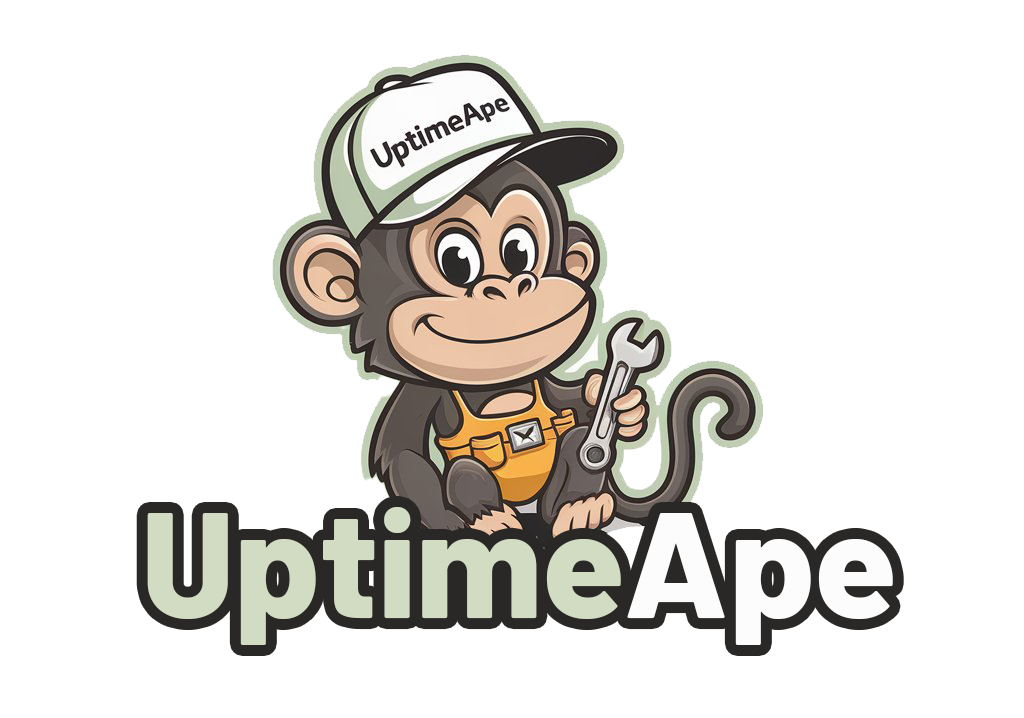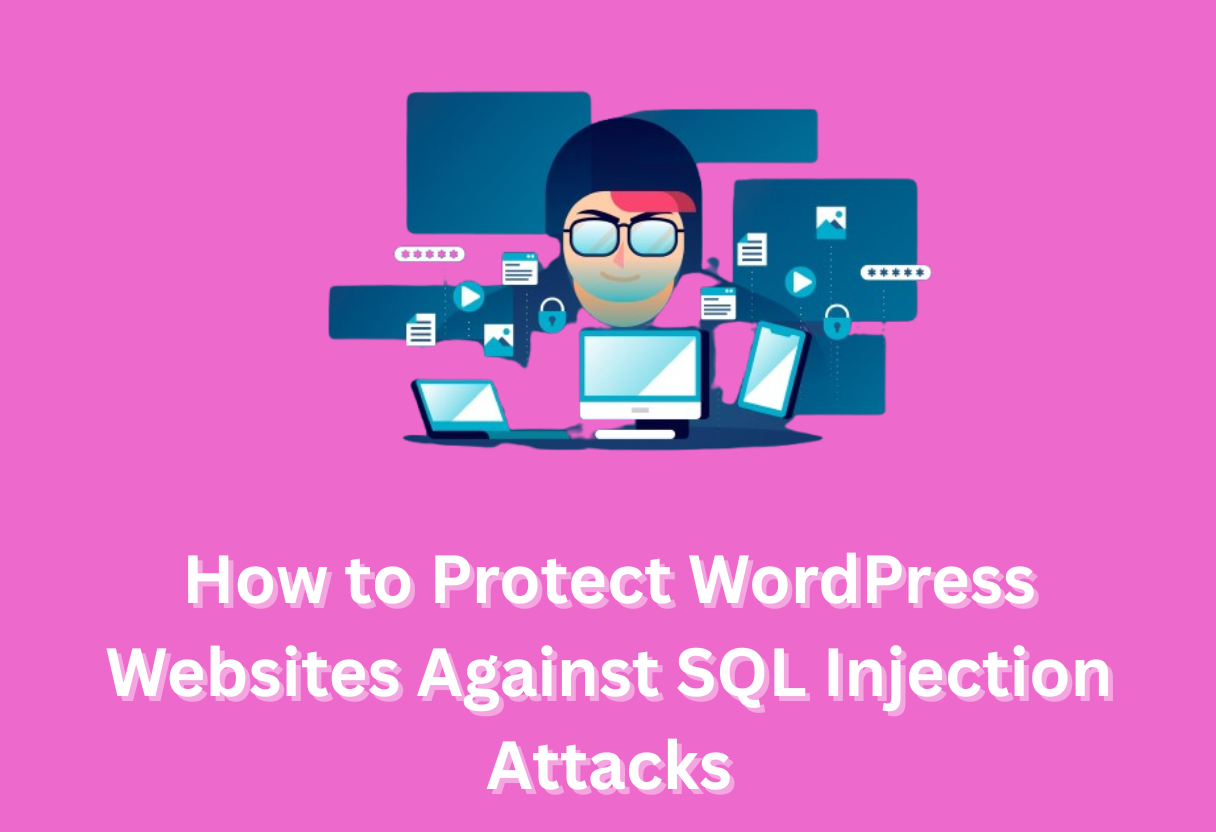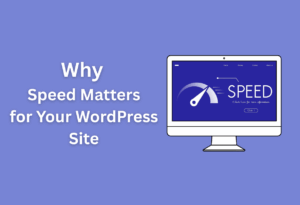This guide will equip you with crucial strategies to safeguard your WordPress website from SQL injection attacks, a significant threat that can compromise your site’s integrity and security. By implementing the following measures, you can enhance your site’s defenses and protect your valuable data and user information.
From updating plugins to using security plugins, you’ll discover actionable steps to significantly reduce your vulnerability to these types of attacks, ensuring a safer browsing experience for your visitors.
Key Takeaways:
- Utilize prepared statements and parameterized queries to securely handle user input and minimize the risk of SQL injection.
- Regularly update your WordPress core, plugins, and themes to patch any vulnerabilities that could be exploited in an SQL injection attack.
- Implement security plugins and firewalls that can monitor and block suspicious activity, enhancing your website’s protection against SQL injection attempts.
Understanding SQL Injection Attacks
As a WordPress website owner, it’s imperative to understand SQL injection attacks and the potential risks they pose to your site. These attacks occur when malicious actors exploit vulnerabilities in your website’s database layer, allowing them to manipulate SQL queries and gain unauthorized access to sensitive data. Recognizing these threats is the first step in safeguarding your website.
Definition and Explanation
One of the most prevalent security vulnerabilities facing web applications today is SQL injection. It allows attackers to interfere with your website’s database by injecting malicious SQL code into input fields. This can lead to data breaches, unauthorized access, and significant damage to your online presence.
Common Attack Vectors
Injection techniques can vary, yet some common attack vectors include user input fields, such as login forms, search boxes, and URL parameters. Attackers may target these entry points to execute their malicious SQL commands, compromising your site’s data integrity.
Common attack vectors that hackers utilize often revolve around user input forms. For instance, if your login or registration form accepts data without proper validation and sanitization, attackers can easily inject harmful SQL code to manipulate database queries. Additionally, URL parameters also present a significant risk; when not adequately secured, they provide an easy route for attackers to execute injection attacks. Staying aware of these vectors empowers you to fortify your WordPress website against such threats effectively.
How to Secure Your WordPress Site
Any WordPress site can be vulnerable to attacks if proper security measures are not implemented. To safeguard your website against SQL injection threats, it’s necessary to adopt various security practices, such as using secure coding methods and maintaining regular updates.
You should also pay attention to user permissions, which can play a significant role in reducing risk. By ensuring your site is well-protected, you can enjoy peace of mind and focus on creating great content.
Use of Prepared Statements
Any time you are interacting with your database, employing prepared statements can greatly reduce the risk of SQL injection. Prepared statements separate SQL code from data input, making it harder for attackers to manipulate your database queries.
As a best practice, always use these statements in your custom queries and ensure that your database interactions are both secure and efficient.
Database User Permissions
Any WordPress installation needs to establish proper database user permissions to enhance security. Limiting what data users can access or modify significantly decreases the chances of a successful SQL injection attack. By granting users only the permissions they require, you can fortify your database against unauthorized access.
Another important aspect of database security involves restricting user privileges. Ensure that your database user has only the minimum necessary permissions to perform their tasks. For example, an account intended solely for reading data should not have permission to create, update, or delete entries. This proactive approach minimizes the damage that can result from a compromised account and adds an necessary layer of protection to your WordPress site.
Essential Plugins for Security
Once again, enhancing your WordPress website’s security is vital to safeguarding against SQL injection attacks. Implementing imperative security plugins provides you with valuable tools to help protect your site.
These plugins can strengthen your defenses by monitoring for vulnerabilities, managing user access, and offering advanced firewall solutions, ensuring your website remains secure from potential threats.
Recommended Security Plugins
Plugins play a pivotal role in bolstering your website’s security posture. Some top choices include Wordfence, Sucuri Security, and iThemes Security.
These plugins offer a range of features like malware scanning, firewall protection, and login attempt monitoring, helping you stay ahead of potential vulnerabilities that could expose your site to SQL injection attacks. Additionally, many of these plugins provide tools specifically designed for securing WordPress login pages, further enhancing your site’s defense mechanisms.
By implementing features such as two-factor authentication and CAPTCHA, you can significantly reduce the risk of unauthorized access. Regularly updating these plugins ensures that you maintain the latest security enhancements, keeping potential threats at bay.
Importance of Regular Updates
Any plugin, theme, or WordPress core update is imperative for maintaining security. By regularly updating these components, you ensure that your site is protected against newly discovered vulnerabilities and security flaws. Additionally, updates often include performance improvements and bug fixes, making them important for optimal site functionality.
Understanding the significance of regular updates is key to maintaining a secure WordPress site. By ensuring that all your themes, plugins, and core software are kept up to date, you reduce the risk of falling victim to known security exploits.
Outdated software can leave your site exposed, allowing attackers to easily infiltrate it. By prioritizing timely updates, you fortify your defenses, enhancing your website’s resilience against potential SQL injection attacks and other security threats.
Tips for Coding Best Practices
Keep your WordPress site secure by following these coding best practices:
- Always use prepared statements and parameterized queries.
- Implement the principle of least privilege for database access.
- Avoid displaying detailed error messages in production environments.
- Regularly update all plugins and themes to their latest versions.
Thou should consistently apply these principles to reduce vulnerability to SQL injection attacks.
Input Validation Techniques
Techniques such as whitelisting acceptable input formats and implementing stringent validation rules are fundamental. By validating inputs, you can effectively reduce the risk of unwanted SQL commands being executed against your database.
Sanitizing User Input
Best practices for sanitizing user input involve employing functions that clean and validate incoming data before it is processed. This ensures your website remains safe from potentially malicious input that could lead to SQL injection vulnerabilities.
Sanitizing user input is an vital practice for maintaining your WordPress site’s security. By using functions like esc_sql() and sanitize_text_field(), you can cleanse any data coming from users, filtering out harmful code. This proactive approach prevents malicious SQL commands from being executed in your database, thereby minimizing the risk of a successful attack. Always prioritize user input sanitization as it directly impacts the integrity of your website and the safety of your users’ data.

Regular Security Audits
Unlike a passive approach, conducting regular security audits on your WordPress website is vital for early detection of vulnerabilities. These proactive evaluations help identify weak points and ensure your defenses remain strong against potential SQL injection attacks. By routinely reviewing your site’s security posture, you can maintain a high level of protection for your valuable data and reputation.
Importance of Routine Checks
While it may be easy to forget about security after implementing protections, routine checks are vital. Regular audits allow you to pinpoint any new vulnerabilities and mitigate threats before they can be exploited. Staying ahead of potential risks means you can maintain the integrity of your website and safeguard your visitors’ information.
Tools for Security Audits
Clearly, utilizing the right tools can streamline your security audit process. There are numerous options available that can help you assess your website’s vulnerabilities more effectively. These tools often come equipped with features to detect SQL injection risks, evaluate your site’s overall security configuration, and provide actionable recommendations for improvement.
Routine audits can be made easier with tools like Wordfence, which scans for malware and vulnerabilities, or Sucuri, offering comprehensive security checks and monitoring. Additionally, using plugins such as WPScan can help identify known vulnerabilities in your installed themes and plugins. By leveraging these tools, you empower yourself to stay informed and take decisive action against threats while maintaining the security and performance of your website.
Monitoring and Response Strategies
Not only do you need to implement preventative measures against SQL injection attacks, but you should also establish effective monitoring and response strategies. Regularly monitoring your WordPress website can help you identify suspicious activities early on and mitigate potential damages.
By combining different monitoring tools, you can keep a watchful eye on your site’s traffic and database interactions, ensuring that you are alerted in case of any security breaches.
Real-time Monitoring Tools
Little changes in your website’s behavior can indicate SQL injection attempts. Utilize real-time monitoring tools that can analyze your website traffic and detect anomalies. Solutions like SQLmap or intrusion detection systems can provide insightful alerts, enabling you to take immediate action if any unauthorized access is attempted.
Incident Response Planning
Strategies for incident response planning involve preparing your team to act swiftly in the event of an SQL injection attack. By establishing a clear protocol that outlines steps for communication, containment, and assessment, you can minimize the impact on your website’s security. Having a detailed response plan ensures that your team is ready to address potential intrusions effectively.
Planning for incidents begins with developing a documented response protocol tailored to your website’s needs. This plan should include steps to quickly contain the threat, assess the extent of the breach, and restore the affected services promptly.
Regularly testing your response strategy through simulations can help your team to react efficiently under pressure. Strong emphasis on communication within your team during a crisis can make a significant difference in mitigating damages and protecting your online assets.
Summing up
Following this guide, you can significantly fortify your WordPress website against SQL injection attacks. By implementing best practices such as using prepared statements, updating your plugins and themes regularly, and employing security plugins, you enhance your site’s defense.
Additionally, regularly backing up your data ensures you can restore your site in case of an incident. Taking these proactive measures will help you secure your online presence and protect your valuable data from malicious threats.





